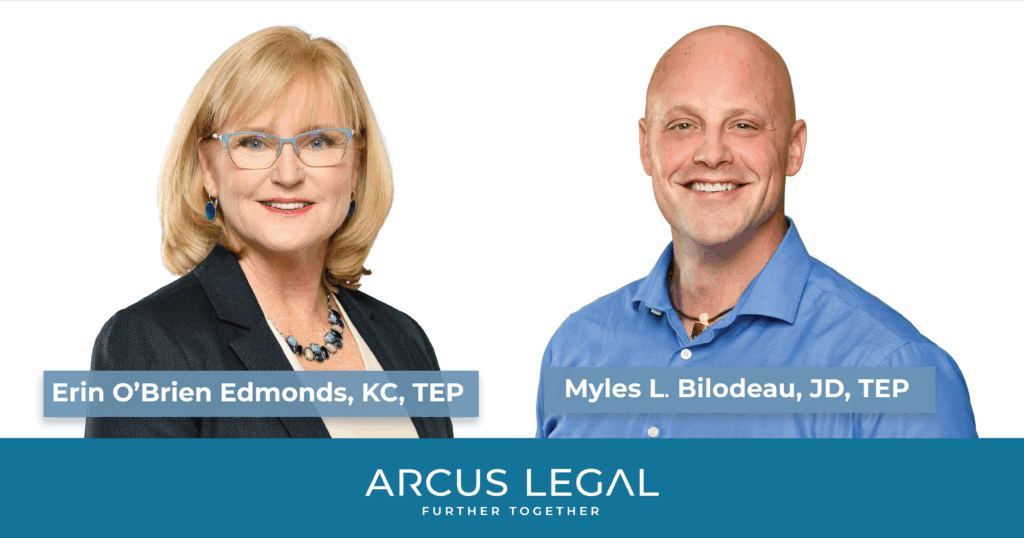
Please join us in congratulating Myles L. Bilodeau, JD, TEP, and Erin O’Brien Edmonds, KC, TEP, on being recognized by their peers in the 2026 Edition of Best Lawyers.
Myles Bilodeau has been recognized for his work in Tax Law, and Erin O’Brien Edmonds has been recognized for her work in both Real Estate Law, as well as in Trusts and Estates. Way to go guys!
Learn more about our lawyers and services here: https://www.arcuslegal.ca/
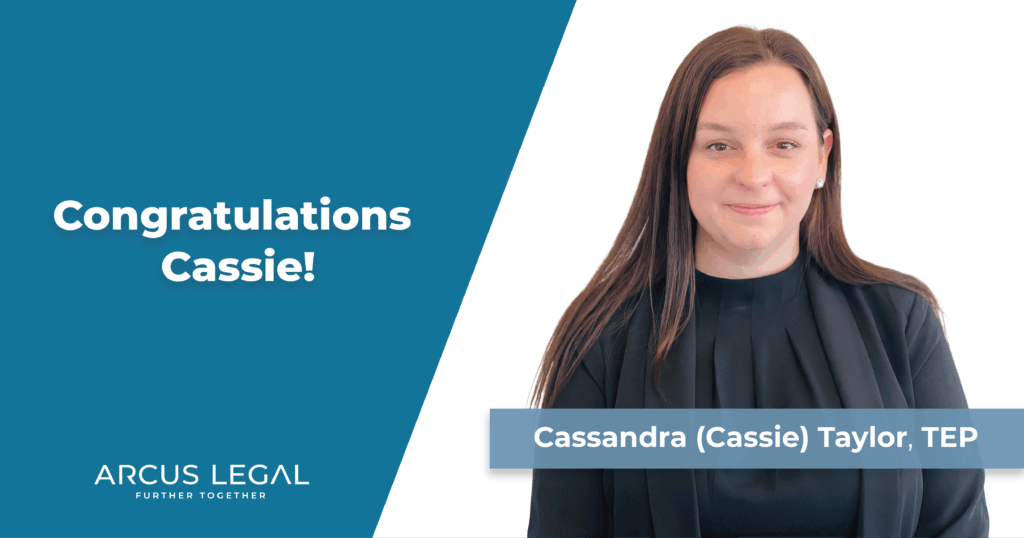
Congratulations Cassie on achieving the Trust and Estate Practitioner (TEP) designation, granted by the Society of Trust and Estate Practitioners (STEP).
This designation is a mark of professional excellence and expanded knowledge in the fields of trusts and estates and reflects Cassie’s commitment to the highest standards of client service and technical excellence.
Please join us in congratulating Cassie on this significant professional milestone!
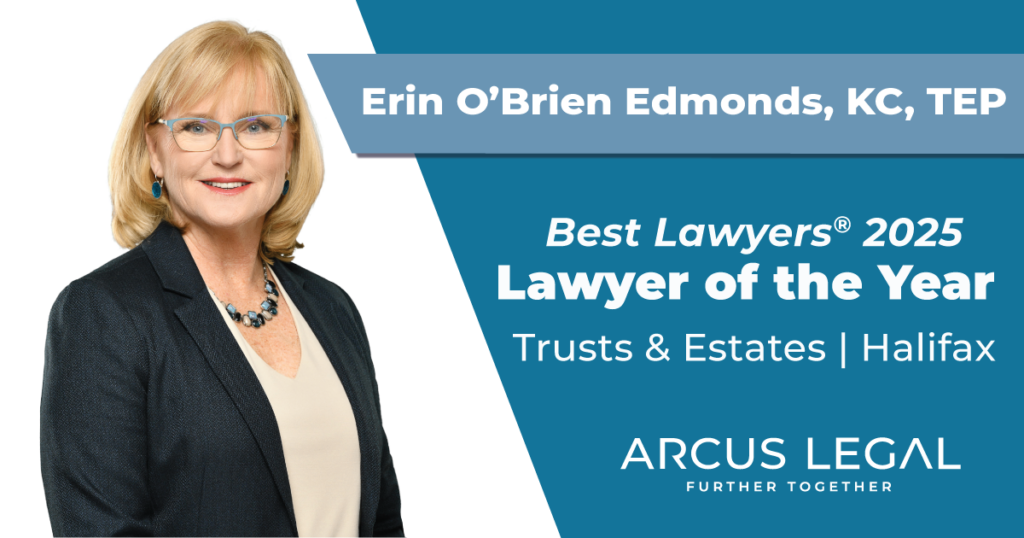
Arcus Legal is excited to congratulate Erin O’Brien Edmonds, KC, TEP, for being named Lawyer of the Year in Halifax for Trusts & Estates in the 2025 edition of The Best Lawyers in Canada™!
This prestigious recognition is a testament to Erin’s unparalleled expertise, dedication, and leadership in the field. Her commitment to providing the highest level of service to her clients continues to inspire us all.
Congratulations, Erin! We’re incredibly proud of you and this remarkable achievement.
Read more about Erin here: https://www.arcuslegal.ca/erin-obrien-edmonds/
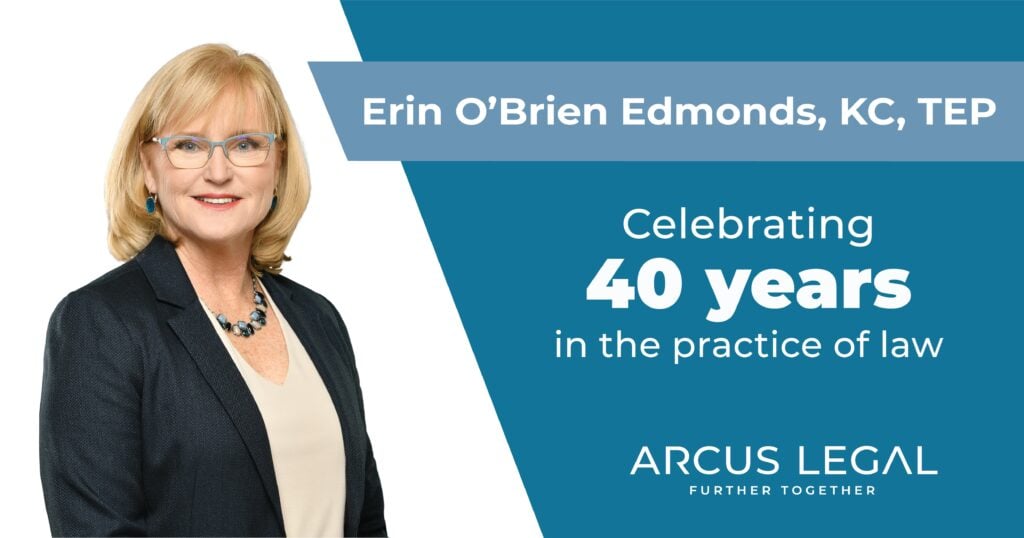
Our team at Arcus Legal congratulates Erin O’Brien Edmonds, KC, TEP on an impressive 40 years in the practice of law.
Throughout her illustrious career, Erin has established herself as a leading expert in Real Estate and Wills & Estates, earning numerous accolades and the respect of her peers and clients alike.
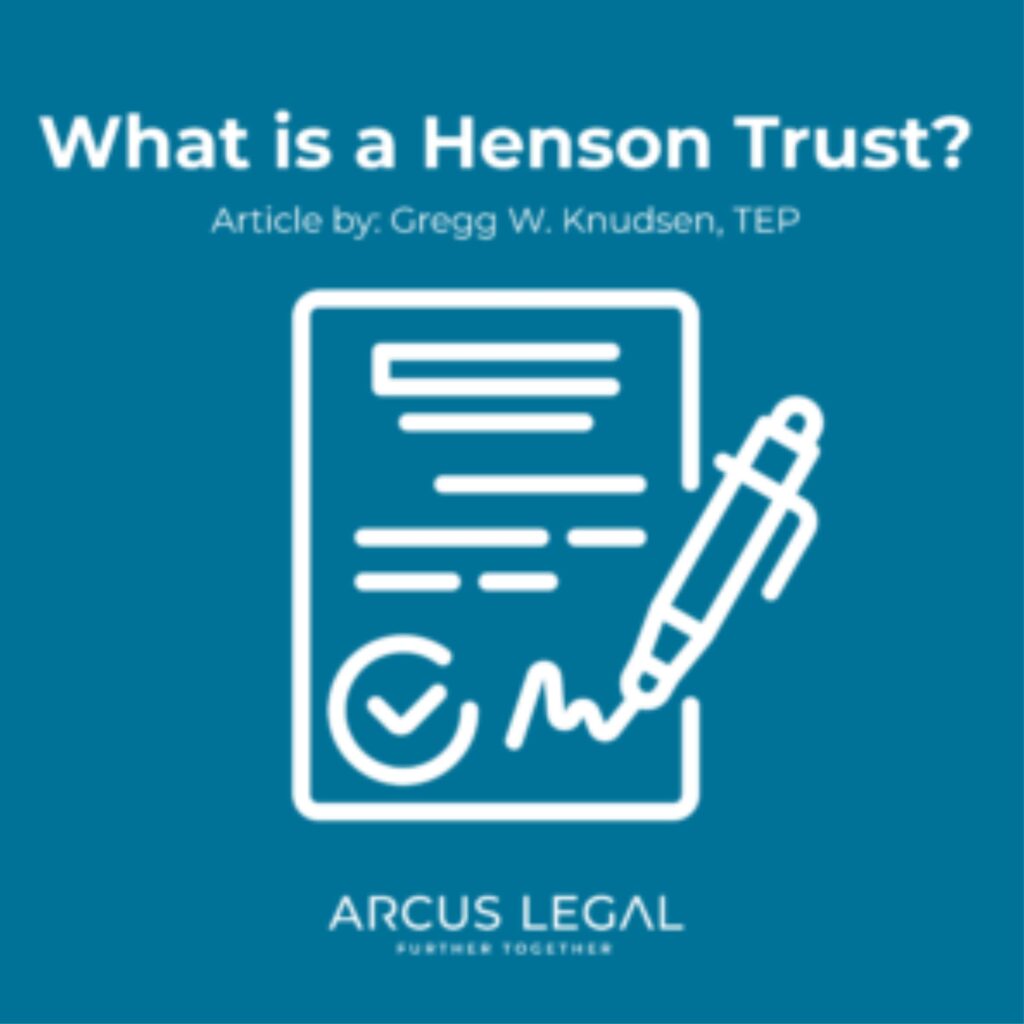
A Henson Trust is a type of trust established primarily for the benefit of individuals with disabilities, particularly those who qualify to receive government benefits. The key feature of a Henson Trust is that it is designed to protect the assets held within the trust from being considered as assets of the beneficiary for the purpose of determining eligibility for these government assistance programs. The disability can be mental or physical. The term Henson Trust is named after the successful litigant in a landmark Ontario case. In Henson v. Ontario, the Ontario courts found that certain assets held inside of a fully discretionary trust are not to be considered in an assessment for benefits under a means-based government assistance scheme.… [Read more]

We are pleased to welcome our newest lawyer here at Arcus Legal, Cassandra (Cassie) Taylor.
Cassie has joined our Wills & Estates department, bringing over five years of experience in the areas of estate planning and estate administration. She looks forward to working with the Arcus team to assist individuals and families with their wills and estate needs. When she is not in the office, Cassie enjoys spending her time with her Australian Shepherds, Mya and Nora, and her horse, Luna.
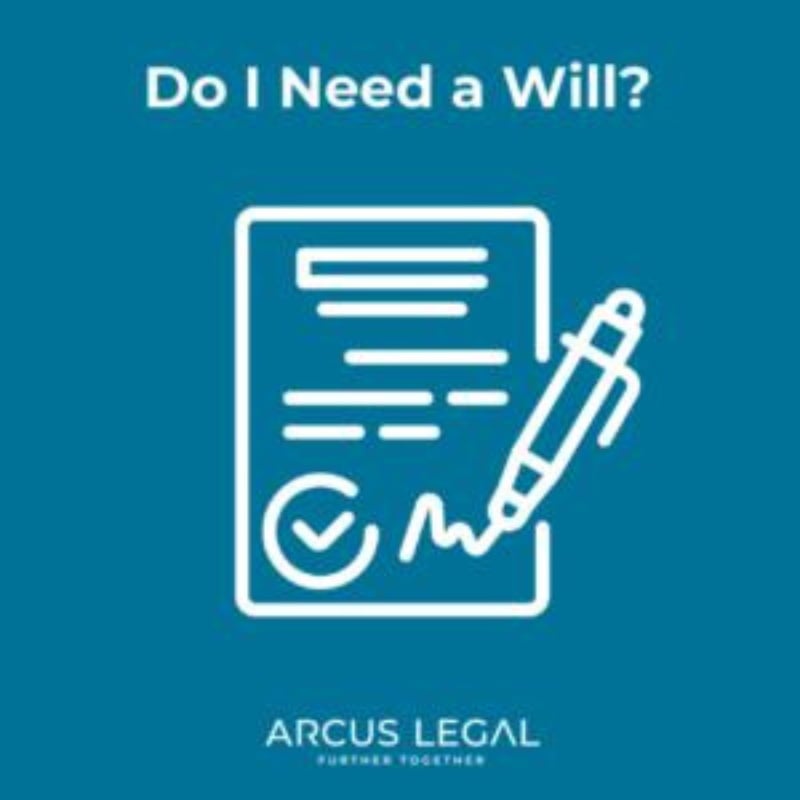
With springtime upon us, and preparing for tax season, many of us may have estate planning on the mind. You may be asking yourself “Do I Need a Will?”.
In Gregg Knudsen’s, “Do I Need a Will?” you will learn about Wills and the laws under our provincial jurisdiction in Nova Scotia regarding your Estate Planning.
This is a commonly asked question of any lawyer who practices in this area of law. The answer is “Yes, everybody should have a Will”. There are several reasons. First, to distribute your assets as you want them to be distributed.… [Read more]
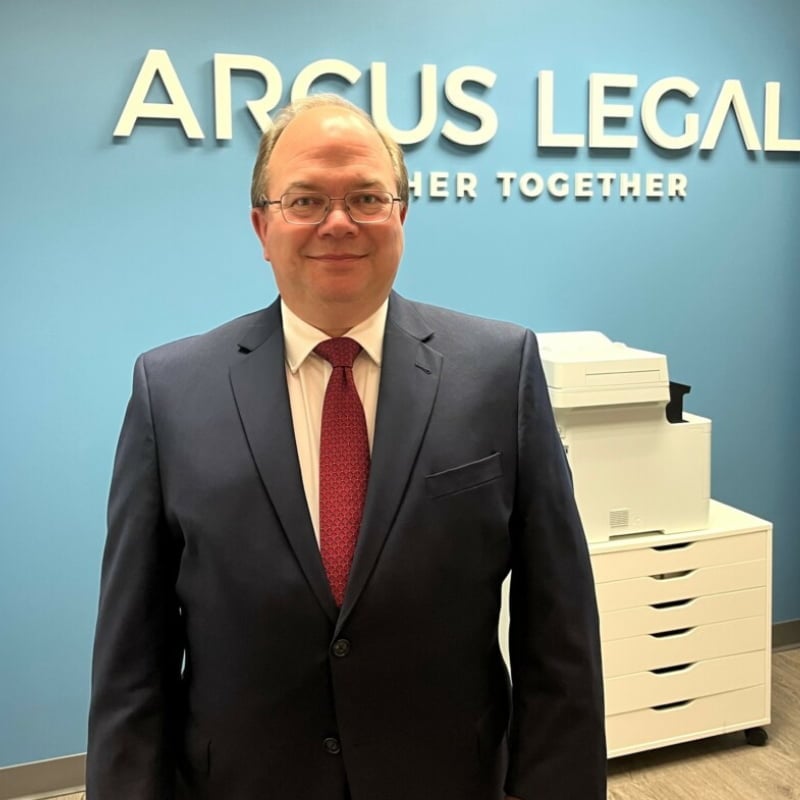
We are pleased to announce that Gregg Knudsen has joined Arcus Legal to practice with our Property and Estates Teams. Bringing more than 30 years of experience to our firm, he will be serving clients’ needs for estate and trust planning, probate administration, and real property transactions. Gregg also offers experience in elder law, charitable giving, wealth management, taxation, business succession, and mental health law. Throughout his career, Gregg has contributed extensively to the legal profession and his local community, sitting on provincial review and appeal boards, chairing Canadian Bar Association sections, and serving on law reform initiatives.
To learn more about Gregg and the services he offers his clients, see our website at: https://www.arcuslegal.ca/gregg-knudsen.… [Read more]
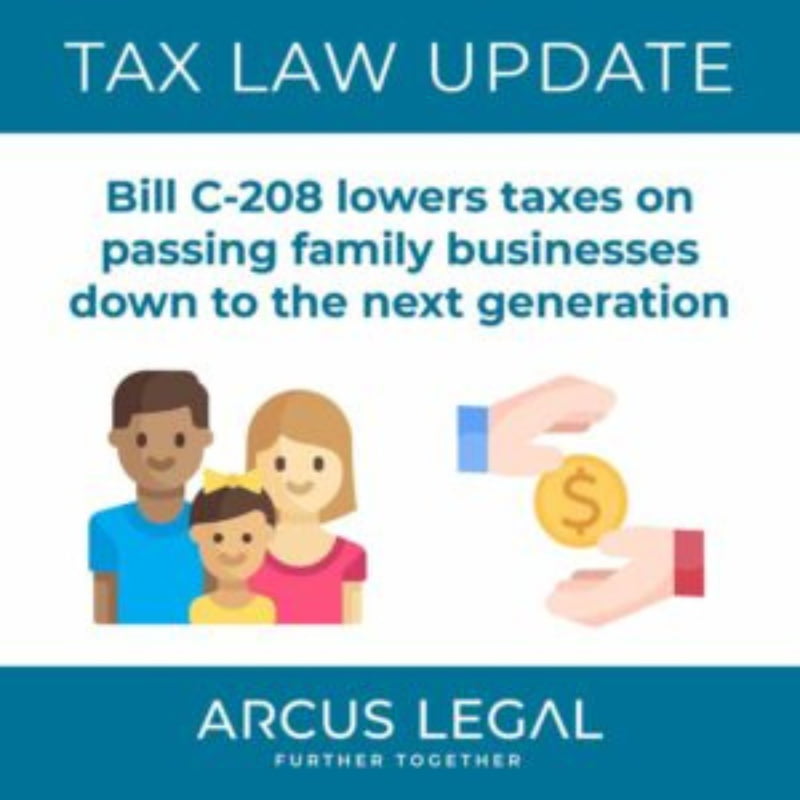
Owners of family businesses will gain new tax advantages from a bill that has just passed and is expected to come into effect shortly.
Currently, selling your business to a complete stranger gives you tax benefits that you would lose if you sold to a family member. Bill C-208 extends these benefits to cases where shares in an active business are transferred to a company that is owned by a child, grandchild, or sibling. The sale of shares would now be treated as a capital gain instead of a dividend, meaning you would be taxed at a lower rate and potentially be eligible for the lifetime capital gains tax exemption.… [Read more]
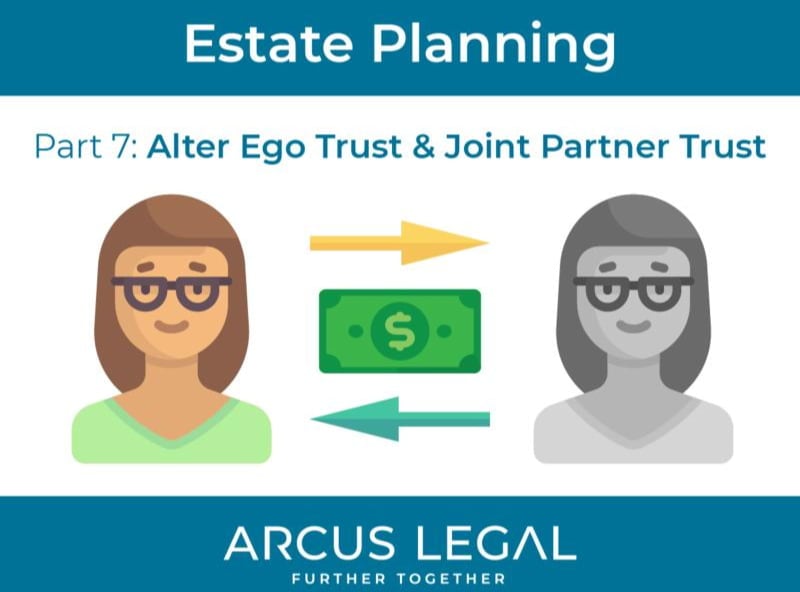
Alter Ego Trusts (AET) and Joint Partner Trusts (JPT) are a more complex method of estate planning, but can be well-suited to certain situations. You must be over the age of 65 years to consider these methods of planning.
AET and JPT both are often used as a method of probate avoidance. However, these trusts also are more private than a traditional Will, because your Will is publicly available once your executor files for probate. Where there is no probate, your distribution is not made publicly available.
The downside is that AET and JPT are more expensive and complicated to set up and maintain.… [Read more]